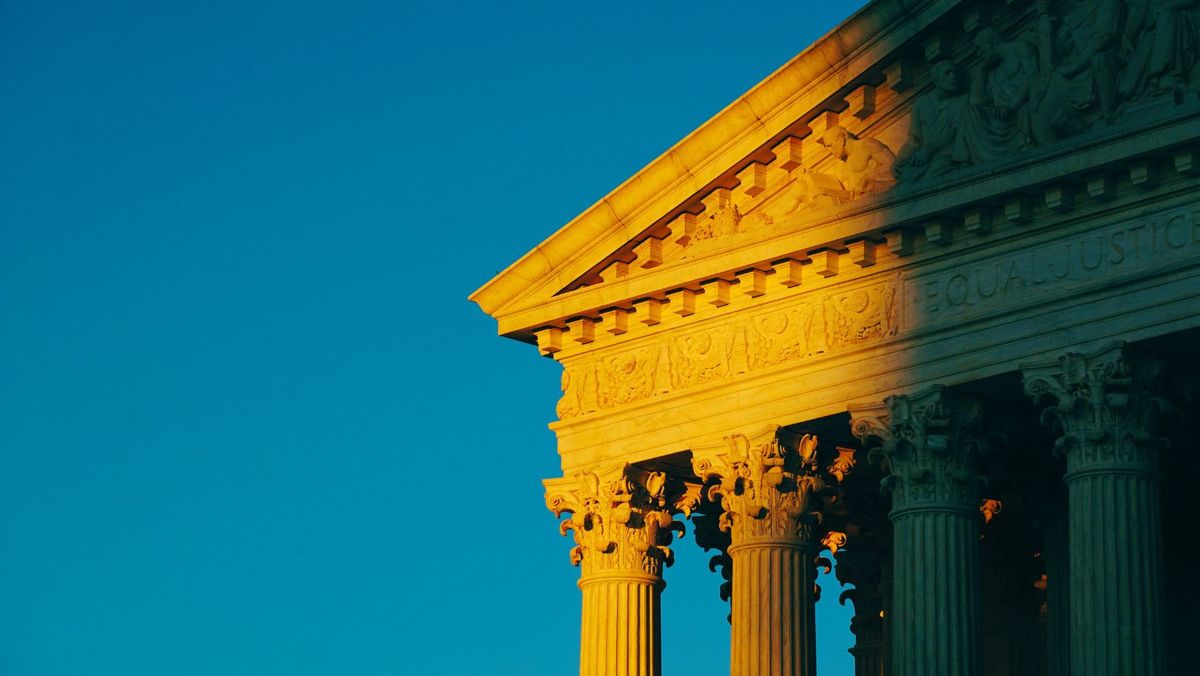A Call to Embrace Diversity in Society
On October 31st, 2022, the United States Supreme Court heard oral arguments in two cases: Students for Fair Admissions (SFFA) v. University of North Carolina and SFFA v. Harvard College.

In both cases, SFFA claims that the universities unfairly use race in their application processes, discriminating against white and Asian-American applicants. Furthermore, SFFA claims that using race at all on college applications violates the equal protection clause of the 14th Amendment and Title VI of the Civil Rights Act of 1964.
A full day of hearings left listeners with a host of questions and concerns about the future of the nation. If ruled unconstitutional what will the make-up look like of colleges, jobs, the officers in the military, even boards? Regardless of how one feels about the make-up of the Supreme Court, it is no secret that this case deals with who has access to opportunity and who should not.
In speaking at a reception after the oral arguments, the President of the Lawyers Committee, Damon Hewitt, mentioned that this was a moral moment in the history of our nation. Hearing this, I perceived him to mean that we are at a crossroads with a decision to make on the type of country, nation, and people we desire to be. Will we foster institutional environments where diversity is applauded and embraced, or will we pour into the wedges that attempt to divide us? Race-consciousness is not a negative. It is something that brings about understanding, learning, and builds bridges into worlds we may never have the chance to venture into on our own.
As Christians and United Methodists, we affirm diversity because it is what Scripture calls us to do. Since 1996, The United Methodist Church has stood for Affirmative Action stating unequivocally that it “reflects a shared understanding that diversity is a positive outcome of social inclusion that yields benefits for the entire community.” (Book of Resolutions #3373: Affirmative Action)
An individual’s experience can alter the lives and perspective of those they encounter, just like it did for the Syrophoenician woman whose daughter Jesus ended up healing after having had encountered her. From the immigrant to the downtrodden, every encounter Jesus ever had with someone broadened his own perspective and moved him further into his calling as the Holy One.
So, as you engage in conversations with neighbors and friends or strangers alike on how the court will decide to rule, remember that diversity is not something we should fear or dismiss as an attack on our values. Rather, we should embrace it because diverse is who we as the body of Christ have been called to be.
“The eye cannot say to the hand, ‘I have no need of you,’ nor again the head to the feet, ‘I have no need of you.’ On the contrary, the members of the body that seem to be weaker are indispensable, and those members of the body that we think less honorable we clothe with greater honor…’
-1 Corinthians 12:21-23